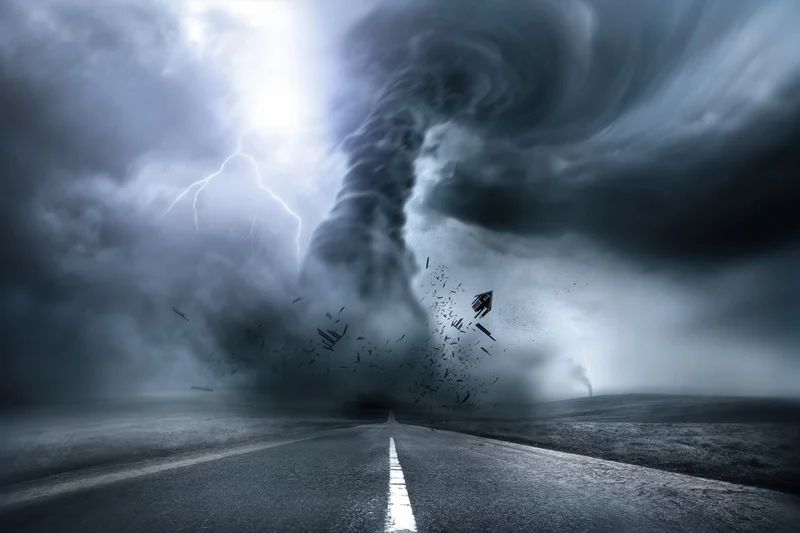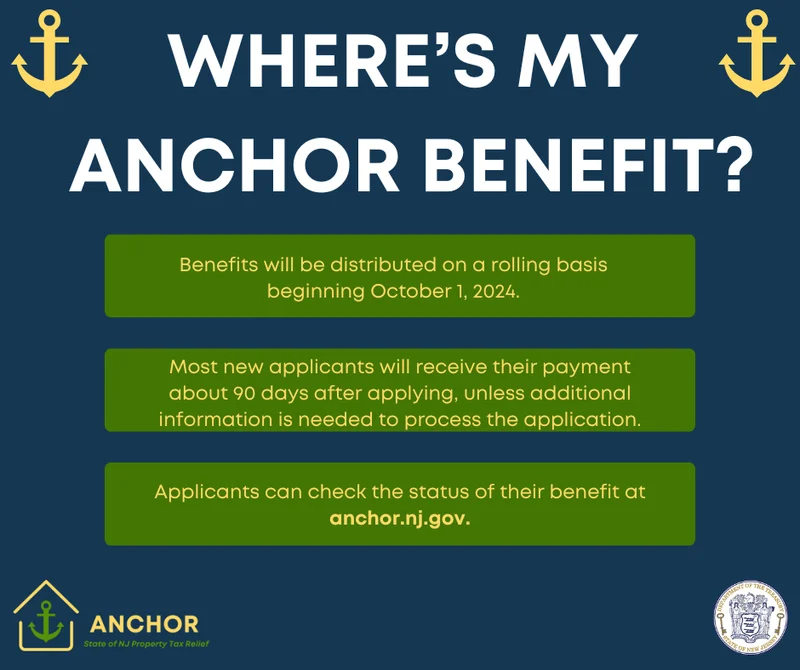Disaster: What Happened?
The Band-Aid Approach
So, another disaster, another lawsuit, another government declaration. Yawn. Let's be real, are we actually solving anything, or just slapping increasingly expensive Band-Aids on gaping wounds?
BHP, that mining giant, finally got nailed for that Brazil dam collapse from way back in '15. Nineteen dead, a river poisoned, homes gone. And now they're appealing? Give me a break. They'll drag this thing out for another decade, probably. According to a UK court, the mining firm is liable for Brazil's worst environmental disaster.
The article says the lawsuit was valued at up to £36bn ($48bn). Forty-eight billion dollars. That's a number so big it stops meaning anything. Does anyone actually see that money? Does it bring back those 19 people? Does it un-poison the river?
No. It doesn't. It's just lawyers getting rich.
And then there's Colorado. Governor Polis wants Trump—wait, 2025? Did I miss something? Anyway, Polis wants FEMA to declare a "major disaster" because of some flooding. Thirteen million in damage. Roads, bridges, the usual.
Again, what are we actually doing about it? Rebuilding the same infrastructure in the same flood-prone areas? Are we learning nothing? It's like that old saying, "Insanity is doing the same thing over and over and expecting different results." Except, in this case, it's insanity with a side of taxpayer dollars.
Offcourse, it's not just about money. It's about preparedness, about learning from past mistakes, about... well, about not being completely stupid.
Beyond the Checkbook
Then you got the Washington National Guard doing drills with Malaysia's disaster response team. Okay, that's... actually kind of cool. Civilian-to-civilian engagement, sharing search and rescue techniques. That's the kind of stuff that might actually make a difference.

“The most important thing is the partnerships that we have with other countries [and] being able to work together,” says some Air Force Master Sgt. Dereck Reese. And he's right! It's not just about having the money to rebuild after the fact; it's about having the skills and the relationships to prevent the disaster in the first place, or at least minimize the damage. The Washington Guard hosted the disaster response training with Malaysian Partners.
But how many of these partnerships are actually happening? Are we spreading this knowledge effectively? Or is it just a feel-good photo op for the military?
And even with the best training in the world, you can't stop a dam from collapsing if it was built unsafely to begin with. Or stop a flood if you keep building in floodplains. It all comes back to prevention, to planning, to not being... well, I already said it.
This whole thing just feels like whack-a-mole. Disaster strikes, we throw money at it, pat ourselves on the back, and then wait for the next one. We're treating the symptoms, not the disease.
The Cycle of Stupid
I'm not saying disaster relief isn't important. It is. People need help when their lives are turned upside down. But let's not pretend it's a solution. Let's not pretend we're actually learning anything.
We need to be smarter. We need to be proactive. We need to stop building on fault lines and in flood zones. We need to hold corporations accountable before their negligence kills people and poisons the environment.
But will we? Probably not. It's easier to write a check than to actually change anything. And that, my friends, is why we're doomed to repeat this cycle of stupid, over and over again. Then again, maybe I'm just being too cynical. Nah, I ain't.
Just Spinning Our Wheels
Honestly, it's infuriating. We're so busy reacting to disasters that we never actually get around to preventing them. It's like mopping the floor while the faucet is still running. Pointless.
-

Warren Buffett's OXY Stock Play: The Latest Drama, Buffett's Angle, and Why You Shouldn't Believe the Hype
Solet'sgetthisstraight.Occide...
-

The Business of Plasma Donation: How the Process Works and Who the Key Players Are
Theterm"plasma"suffersfromas...
-

The Great Up-Leveling: What's Happening Now and How We Step Up
Haveyoueverfeltlikeyou'redri...
-

NJ's ANCHOR Program: A Blueprint for Tax Relief, Your 2024 Payment, and What Comes Next
NewJersey'sANCHORProgramIsn't...
-

The Future of Auto Parts: How to Find Any Part Instantly and What Comes Next
Walkintoany`autoparts`store—a...
- Search
- Recently Published
-
- Netflix Stock: Split Speculation and What It Means – What Reddit is Saying
- Saylor Moon: What's the Deal?
- World Liberty Financial, Trump, and Crypto: What's the Connection?
- Social Security Retirement Age Changes: What to Expect and the Impact – What Reddit is Saying
- Nvidia Stocks: AI Hype vs. Reality
- Ethereum Price: Plunge vs. Rally – What We Know
- Bitcoin's Bear Market: Liquidity Worries vs. Future Potential
- Nvidia Stock Price: What's Driving the Surge and What's Next
- Avelo Airlines' Route Shuffle: What's the Deal?
- Starlink Satellite Count: Orbit Numbers and Falling Concerns
- Tag list
-
- Blockchain (11)
- Decentralization (5)
- Smart Contracts (4)
- Cryptocurrency (26)
- DeFi (5)
- Bitcoin (30)
- Trump (5)
- Ethereum (8)
- Pudgy Penguins (5)
- NFT (5)
- Solana (5)
- cryptocurrency (6)
- XRP (3)
- Airdrop (3)
- MicroStrategy (3)
- Stablecoin (3)
- Digital Assets (3)
- PENGU (3)
- Plasma (5)
- Zcash (5)
- Aster (6)
- investment advisor (4)
- crypto exchange binance (3)
- ethereum price (3)
- SX Network (3)
